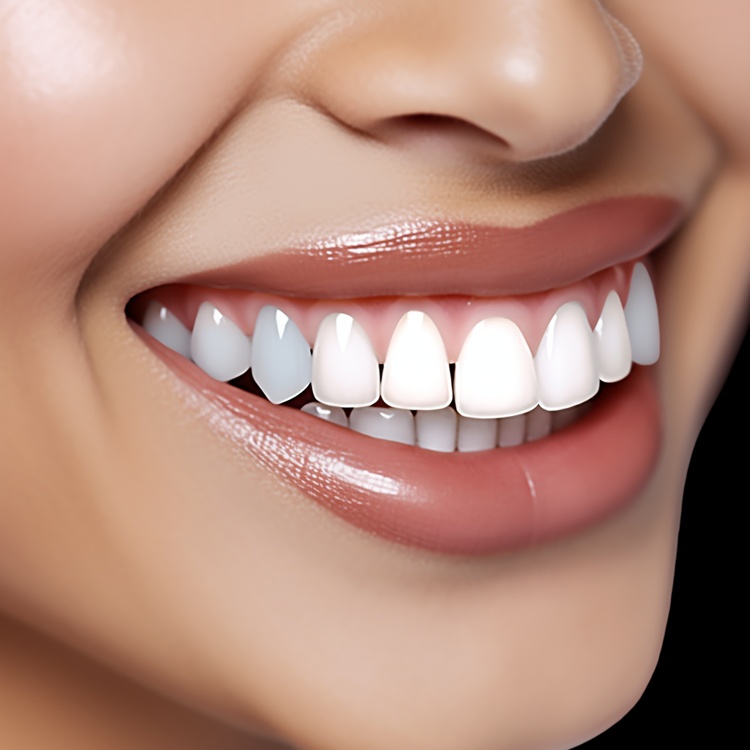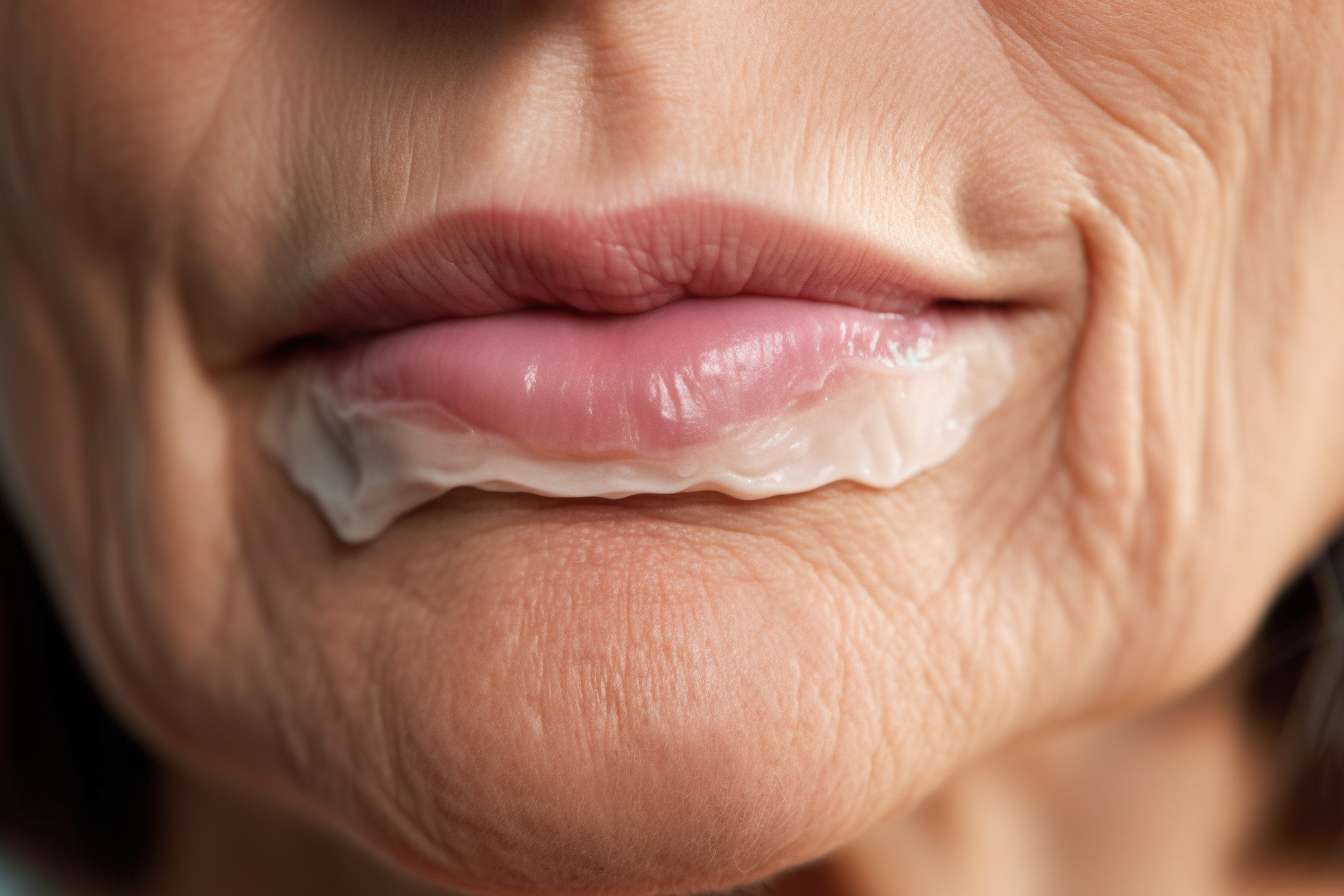Preventive Dental Care Steps to Maintain Oral Health
Preventive dental care focuses on daily habits, timely professional visits, and lifestyle choices that reduce the risk of cavities, gum disease, and tooth loss. By combining effective home routines with appropriate nutrition, hydration, and regular exams, people can maintain stronger oral health throughout life.

Preventive dental care steps to maintain oral health center on consistent daily hygiene, diet and hydration choices, regular professional exams, and awareness of behavior that affects oral tissues. Effective prevention reduces the occurrence of decay and periodontal disease, supports general health, and can make treatments less invasive when problems arise. This article outlines practical, evidence-informed steps—training for routine care, nutritional strategies, grooming equivalents at home, and adaptations for older adults—to help keep teeth and gums healthy across life stages.
This article is for informational purposes only and should not be considered medical advice. Please consult a qualified healthcare professional for personalized guidance and treatment.
How does training support regular oral hygiene?
Training here means developing reliable personal routines and helping children or dependents accept daily care. Establish consistent times for brushing and flossing, demonstrate proper technique, and use positive reinforcement to form habits. For people with special needs or anxiety, gradual desensitization, visual schedules, or occupational therapy techniques can improve acceptance of oral care. Training also extends to caregivers: knowing correct brushing methods and safe ways to assist ensures daily hygiene is effective and comfortable.
What nutrition and hydration choices protect teeth?
Diet plays a direct role in dental health. Limiting frequent sugary snacks and acidic drinks reduces acid attacks on enamel, while eating calcium- and phosphate-rich foods supports remineralization. Chewing fiber-rich fruits and vegetables stimulates saliva, a natural protective factor; staying well hydrated also maintains saliva flow to clear food debris. When planning meals and snacks, consider timing (less frequent snacking), beverage choices, and supplements advised by a clinician when nutritional gaps affect oral health.
Can grooming-style habits prevent oral problems?
In human terms, grooming-style habits include consistent brushing twice daily, flossing or interdental cleaning, and tongue cleaning. Regular inspection—looking for persistent bad breath, bleeding after brushing, or visible deposits—helps detect issues early. Mouth rinses and professionally recommended dental products can complement mechanical cleaning. Scheduling dental checkups and professional cleanings at recommended intervals is the equivalent of routine grooming; these visits remove hardened deposits and identify conditions that need treatment before they progress.
How do behavior and socialization influence dental outcomes?
Behavioral factors—tobacco use, bruxism (teeth grinding), and certain dietary habits—directly impact oral health. Social habits, such as shared eating patterns or peer influences, can shape dietary choices that benefit or harm teeth. Stress and sleep patterns affect grinding and saliva production; addressing these behaviors through counseling, protective devices (nightguards), or stress-reduction strategies improves dental outcomes. Social support and education increase adherence to preventive measures across age groups.
What adjustments are important for senior care?
Senior care for dental health often requires tailored approaches. Older adults may experience dry mouth, root exposure, receding gums, or difficulty with manual dexterity for home care. Adaptive toothbrushes, fluoride applications, softer diets when needed, and more frequent professional monitoring help maintain function and comfort. Medication reviews with healthcare providers can identify dry-mouth contributors. Maintaining nutrition and addressing mobility or cognitive changes ensures preventive routines remain effective into later life.
How do travel, safety, exercise, and enrichment relate to oral health?
Travel and changes in routine can interrupt daily hygiene; packing travel-sized brushes, floss, and a list of local dental services helps maintain care while away. Safety practices—avoiding crunching on hard objects and using mouthguards for contact sports—prevent traumatic tooth injuries. Regular exercise and stress-reducing enrichment support general health, which in turn supports oral immunity. Note: terms like microchipping, vaccination, and parasite control refer to animal care and are not applicable to human dental planning.
Conclusion Preventive dental care combines habit-based training for effective home hygiene, nutrition and hydration that support oral defenses, grooming-equivalent professional care, behavior-focused interventions, and thoughtful senior adaptations. Attention to travel, safety, and overall wellbeing further supports oral health. Regular dental checkups remain essential to detect issues early and tailor preventive measures to individual needs.





